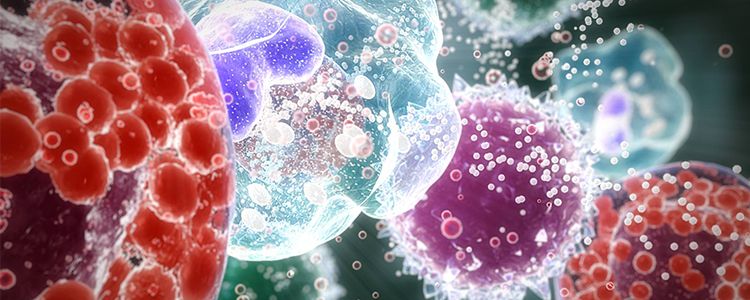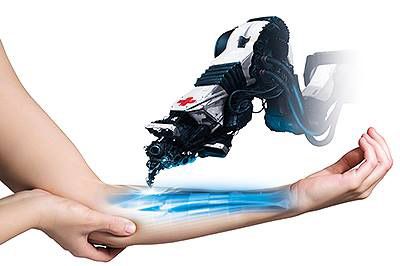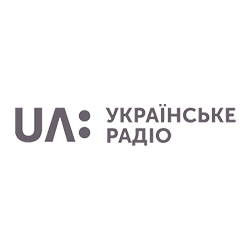After a stroke, there is inflammation in the damaged part of the brain. Once, it was seen as a negative consequence, which should be eliminated as soon as possible. But as it turns out, there are some positive aspects of the inflammatory process, and it can actually help the brain recover better.
This discovery was made by a group of scientists from Lund University (Sweden), led by Professor Zaal Kokaia, the team of Professor of Neurology Olle Lindvall engaged in the study of stem cells, and in conjunction with the Weizmann Institute in Israel. This international team of scientists was able to demonstrate the important role of inflammation after stroke, which further helps to develop new methods of recovery.
In a stroke the nerve cells in the damaged area of the brain die, causing inflammation that attracts immune cells. Among them are monocytes – a type of white blood cells produced in the bone marrow. Monocytes are delivered to the area, and then they are transformed into macrophages, which remove the dead tissue. They also secrete substances that help the brain recover. Most patients who have had a stroke, are doomed to a long recovery process. But in some cases, patients experienced spontaneous improvement, but the exact cause was unknown. Researchers believe that improvement is partly due to substances released by immune cells.
Scientists conducted an experiment and found that mice with a decrease in the number of monocytes were much less successful in recovery after stroke than mice whose immune system is functioning normally.
Today, treatment of stroke mainly involves dissolution or removal of a blood clot that caused the stroke. However, such procedures must be performed at a very early stage after stroke.
Scientists believe that future treatment – one that would be based on the new findings. In contrast to the standard approach, this treatment can begin within the first few weeks, not during the first hours after a stroke. The researchers focused on what happens in the brain during this later stage. Among other things, they were the first to show that the brain after stroke produces new nerve cells from its own stem cells.
The researchers plan to continue experiments on animals to see if it can repair itself be improved by adding more monocytes into the brain or by stimulation of monocytes in the bone marrow. “Obviously, there is a difference between mice and humans, but there is no evidence that our brains function differently in this regard,” said Lindvall. In addition, he argues that this new understanding of the positive effects of inflammation can also be applied to other diseases.
The staff research group from Israel obtained similar results in the case of spinal cord injury. “This is nothing less than a paradigm shift in research because of inflammation in many cases seen as a purely negative phenomenon that should be cleaned using any means. Now we understand that this view is too simplistic,” said the scientists. The study was recently published in the “International Journal of Neuroscience”.
Source:
http://www.med.lu.se/english/news_archive/160502_stroke
http://www.jneurosci.org/content/36/15/4182.short
In the Bioengineering Rehabiliation for Wounded project, iLaya clinic doctors are using the latest biotechnology to restore the damaged limbs of military personnel. Currently, the ongoing project is raising funds to treat two wounded, about five additional wounded are waiting in the queue to join the project. For them, biotechnology is the only chance they have to return to a healthy life. Please join the project and support Ukraine’s defenders.




















































